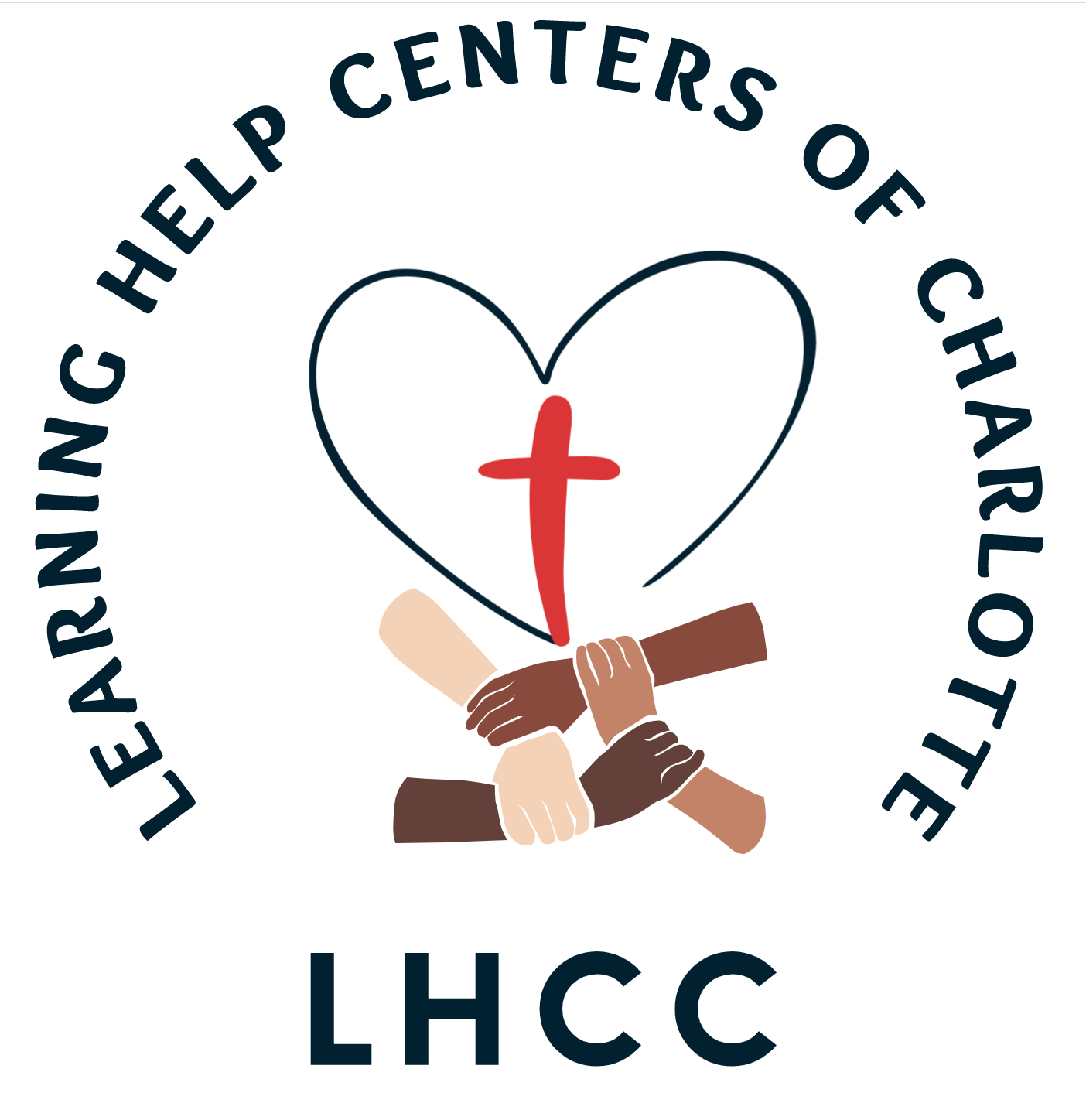Kinship Initiative Progress Report
LHCC embarked on a new Kinship initiative in Q1 2021. Something that remains very exciting, even extraordinary, that we continue to see as synergistic with our existing program service offerings. What we desire to verify is whether, once given pathways to service, whether church members will engage in serving their community, love their neighbors, make a mutually beneficial impact, and build relationships with people unlike themselves, with cross-cultural ministries and organizations across the city. We launched this project in a unique and tangible way, by opening our first Kinship Kitchen in 2021 as the primary facility for brokering the meeting of people from different walks of life. We aim to provide enhanced employment opportunities for adults and engage the local church in providing serve opportunities and food preparation. Quarterly Kinship lunches for the community have been very well received and we expect to promote more collaboration between partner churches and nonprofits.
We hope to prove that kinship can we found in unexpected places, between people with whom Christian and church congregants otherwise have nothing in common and where participants are rewarded for persevering to develop lasting relationships that were unexpected, if given suitable fulfilling serve opportunities.
Our kinship initiative is focused on building trust in order to nurture all of the elements of kinship and ensure longevity. The three themes we see are:
- Building connections. In our model, proximity in the same spaces to find shared passions, become vulnerable and build trust is important. So is access, time, and having a ministry that is welcoming.
- Showing up consistently. At LHCC this starts with maintaining authentic relationships and showing humility
- Working collaboratively. Here we seek to stay humble and build mutuality, through discovering mutual interests and building a shared sense of purpose.
While LHCC has had success with our first-year pilot and seeing volunteer engagement in our own organization, including with our Kinship Kitchen, we have seen slower than anticipated volunteer engagement by churches focused instead on the implications of the pandemic. Most churches we have surveyed are simply trying to keep their doors open and find ways to bring congregants back into pews on Sundays. In addition, non-profit organizations seem to have become disillusioned with volunteers and have chosen to limit or eliminate dependence on volunteer help as they engage their constituents.
If you are interested in volunteering with LHCC and experiencing this concept of kinship with us, kindly send us an email at info@lhcclt.org or check out our Kinship page.
For the honor of working the hallway that leads to the grand ballroom
Brent Morris
Executive Director
(Some comments and references pertaining to the kinship themes shared courtesy of Diane Gavarkavich)

